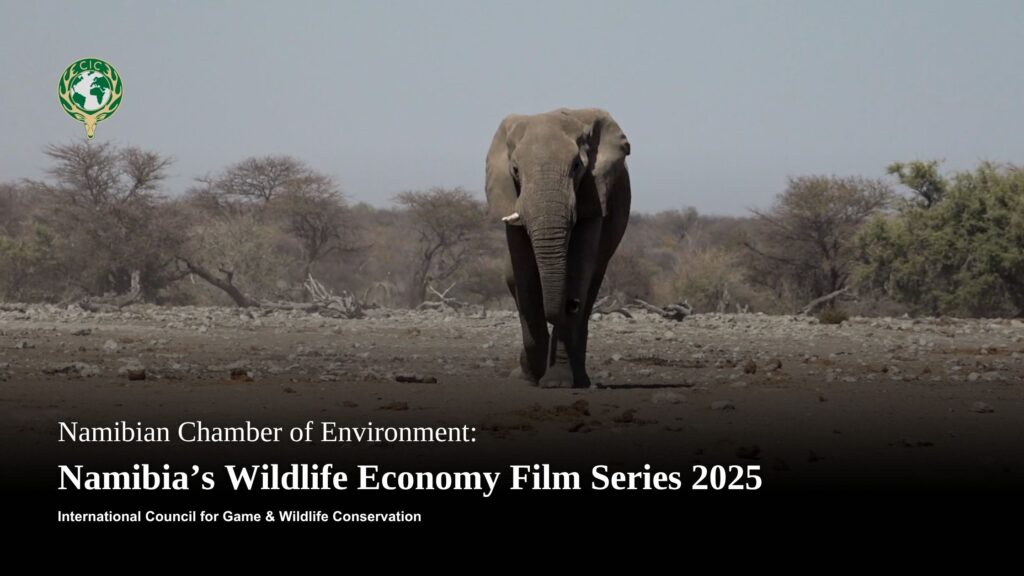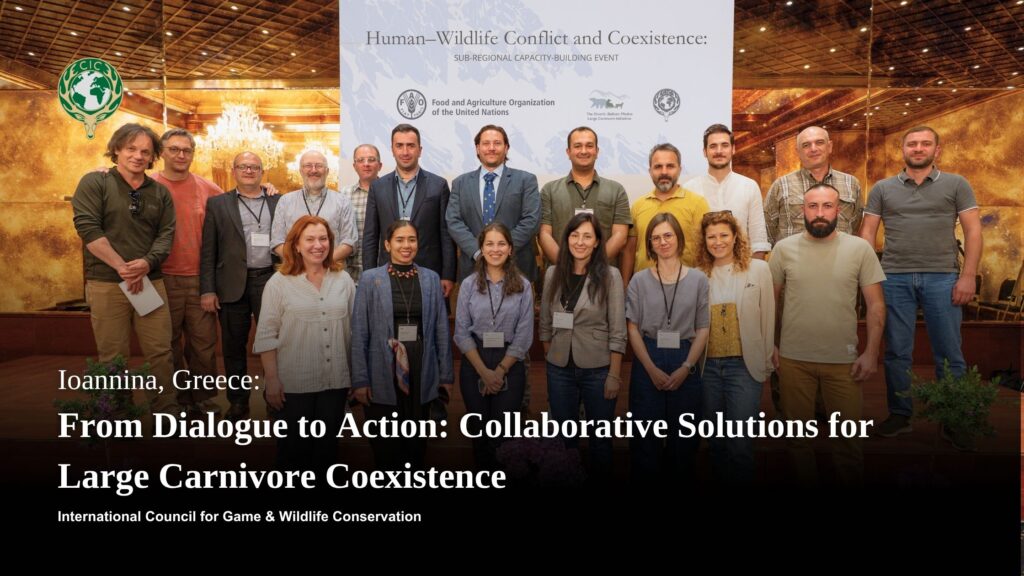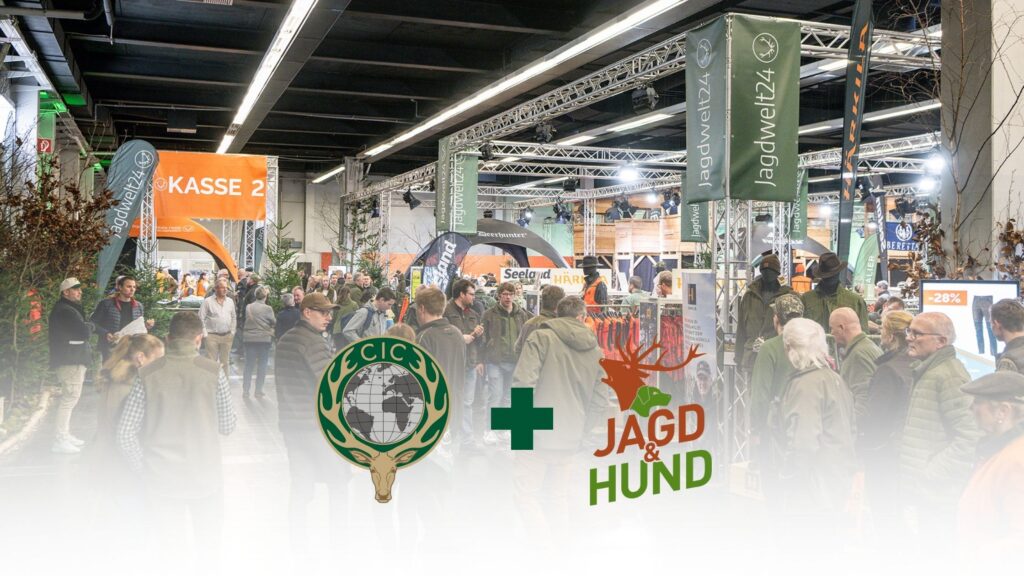Home » News & Press » LECA Project: Supporting Carpathian Carnivore Coexistence
LECA Project: Supporting Carpathian Carnivore Coexistence
Facebook
X
LinkedIn



